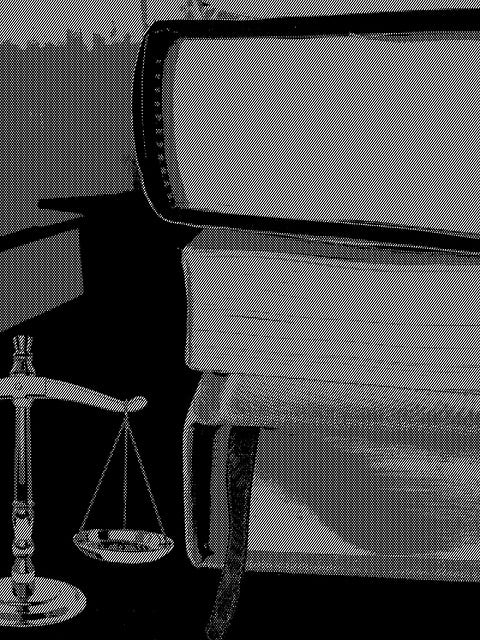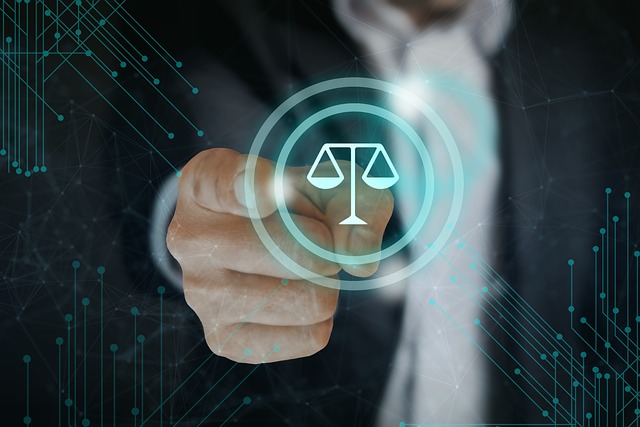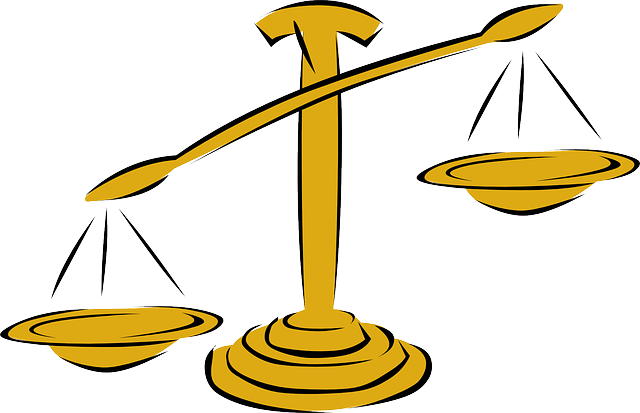Save Money: Top Denver Lawyers Fight & Win Healthcare Fraud Cases

Facing healthcare fraud allegations can drain your resources and damage your reputation? Our expert…….
Denver's Top Lawyer Fred Winocur
In the complex landscape of healthcare, ensuring integrity and preventing fraud have become paramount. ‘Defending healthcare fraud charges’ refers to the intricate process of identifying, investigating, and combating fraudulent activities within the healthcare sector. This comprehensive article aims to dissect this critical issue, offering insights into its global impact, economic implications, technological solutions, regulatory frameworks, and the challenges that persist. By exploring these facets, we will uncover strategies for effective defense against healthcare fraud and highlight the evolving nature of this vital field.
Definition: Defending healthcare fraud charges encompasses a range of activities aimed at protecting the integrity of healthcare systems from financial and operational fraud. It involves the identification, prevention, investigation, and prosecution of fraudulent practices such as insurance claim manipulation, billing errors, medication diversion, and corrupt practices among healthcare providers and institutions.
Core Components:
Fraud Detection: Utilizing advanced analytics, data mining techniques, and pattern recognition to identify anomalies in claims data, patient records, and supplier interactions.
Investigation: Conducting thorough inquiries into suspected fraudulent activities, including interviews, document reviews, and site visits, to gather evidence and establish intent.
Legal Action: Collaborating with law enforcement agencies to prosecute individuals or entities engaged in fraud, seeking civil penalties, fines, and even imprisonment as deterrents.
Prevention and Education: Developing educational programs for healthcare professionals and patients, implementing stricter compliance policies, and fostering a culture of ethical conduct within the industry.
Historical Context: The fight against healthcare fraud has evolved significantly over the past few decades. Early efforts focused on simple billing errors and false claims, primarily through manual audits. With the digital transformation of healthcare records, the complexity of fraud increased, leading to the adoption of advanced data analytics and automated systems for detection. Today, with the rise of telemedicine, remote patient monitoring, and value-based care models, new types of fraud, such as identity theft and upcoding, have emerged, demanding innovative strategies for defense.
Healthcare fraud is a global concern, transcending borders and impacting healthcare systems worldwide. According to a 2021 report by the Association for Fraud Prevention (AFP), the total estimated global cost of healthcare fraud exceeded $847 billion in 2020. This staggering figure underscores the significant economic burden it places on nations and insurers.
Regional Impact:
| Region | Estimated Healthcare Fraud Cost (2020) | Key Challenges |
|---|---|---|
| North America | $359 billion | Complex regulatory environment, high healthcare costs encourage fraud |
| Europe | $276 billion | Diverse healthcare systems, potential for cross-border fraud |
| Asia-Pacific | $145 billion | Rapidly growing healthcare sectors, inadequate enforcement mechanisms |
| Middle East & Africa | $66 billion | Limited digital infrastructure, increasing access to healthcare technology |
Shaping Trends:
Digital Transformation: The adoption of electronic health records (EHRs) and digital billing systems has both enhanced fraud detection capabilities and created new opportunities for fraudulent activities, such as identity theft and data manipulation.
Telemedicine Rise: The COVID-19 pandemic accelerated telemedicine adoption, leading to increased remote patient monitoring but also raising concerns about potential insurance claim fraud and medication diversion.
Value-Based Care: This model, which ties reimbursement to patient outcomes, may incentivize providers to engage in fraudulent practices to boost revenue or maintain performance metrics.
Cross-Border Fraud: Globalization facilitates the movement of individuals and organized crime networks, enabling international healthcare fraud schemes that exploit differences in regulatory frameworks and enforcement capabilities.
Healthcare fraud has profound economic implications, affecting not only healthcare providers and insurers but also governments and patients.
Market Dynamics:
Investment Patterns:
Economic Systems and Fraud: In countries with underdeveloped healthcare systems or weak regulatory frameworks, healthcare fraud can undermine economic development by diverting funds from critical healthcare infrastructure and services.
Technology plays a pivotal role in defending healthcare fraud charges, offering both preventative measures and investigative tools.
Fraud Detection Technologies:
Machine Learning (ML): ML algorithms analyze vast datasets to identify patterns indicative of fraudulent activities, improving detection accuracy and reducing false positives.
Natural Language Processing (NLP): NLP techniques are used to analyze clinical documentation, identifying inconsistencies or anomalies in patient records that may suggest fraud.
Blockchain: This distributed ledger technology can provide secure and transparent records for transactions, making it harder for fraudsters to manipulate data.
Investigative Tools:
Data Analytics Platforms: Advanced analytics platforms integrate multiple data sources (EHRs, claims data, law enforcement databases) to support comprehensive investigations.
Digital Forensics: Techniques such as network forensics and digital imaging are used to recover deleted files and track fraudulent activities on computer systems.
Challenges: While technology offers powerful solutions, it also presents challenges, including the need for specialized skills, potential bias in algorithms, and concerns about data privacy and security.
Regulatory bodies worldwide have implemented various measures to combat healthcare fraud, but enforcement remains a significant challenge.
Key Regulatory Bodies:
Compliance Strategies:
Risk Assessment: Healthcare organizations conduct risk assessments to identify vulnerabilities and implement targeted controls.
Employee Training: Regular training sessions educate employees about fraud risks, compliance policies, and ethical conduct.
Third-Party Vendor Monitoring: Organizations vet and monitor third-party vendors, sub-contractors, and business associates to ensure they adhere to strict compliance standards.
Despite significant strides in defending against healthcare fraud, several challenges persist:
Future Directions:
Collaborative Efforts: Enhanced international cooperation among regulatory bodies, law enforcement agencies, and industry stakeholders is crucial for combating cross-border fraud.
Artificial Intelligence (AI) Integration: AI has the potential to revolutionize fraud detection by automating complex patterns and learning from new data. However, it should be carefully monitored and regulated to avoid bias and ensure fairness.
Patient Engagement: Educating patients about healthcare fraud and empowering them to report suspicious activities can be an effective deterrent.
Continuous Monitoring: Implementing real-time monitoring systems that track transactions and patient interactions can help identify fraudulent activities as they occur.
Defending against healthcare fraud is a complex, dynamic field that demands a multi-faceted approach. By understanding the global impact, economic implications, and technological advancements, we can enhance our strategies for fighting fraudulent activities within the healthcare sector. As the landscape of healthcare continues to evolve, so too must our defenses, ensuring the integrity and accessibility of quality healthcare for all.

Facing healthcare fraud allegations can drain your resources and damage your reputation? Our expert…….

Facing healthcare fraud charges can drain your resources and damage your reputation. But with a top-…….

Facing wire fraud charges related to healthcare can be a financial and personal nightmare, but you d…….

Facing healthcare fraud allegations can drain your resources and damage your reputation. Our special…….

Facing healthcare fraud allegations can be a nightmare, with potential fines and license revocations…….

Facing healthcare fraud allegations can be a daunting and costly experience, but with our specialize…….

Facing healthcare fraud allegations can decimate your financial health, but with our expert defense…….

Facing healthcare fraud allegations can drain your resources and damage your reputation, but with ou…….

Facing healthcare fraud accusations can decimate your financial stability and reputation. But with a…….